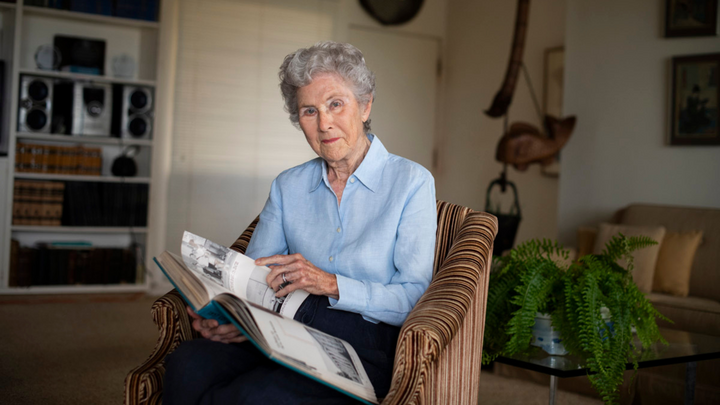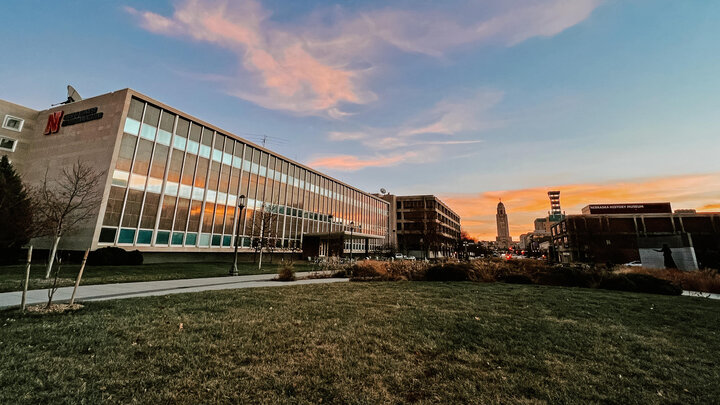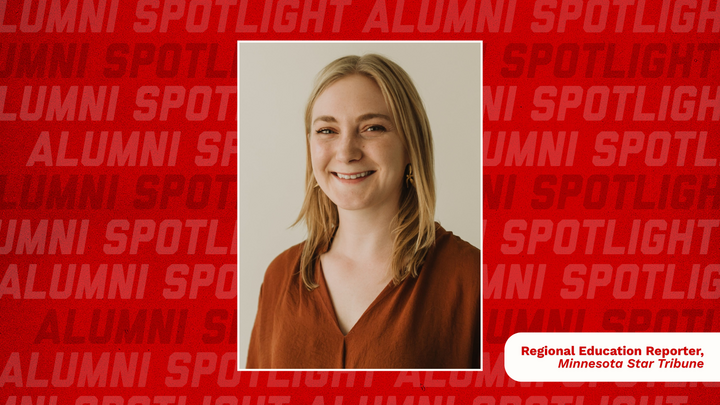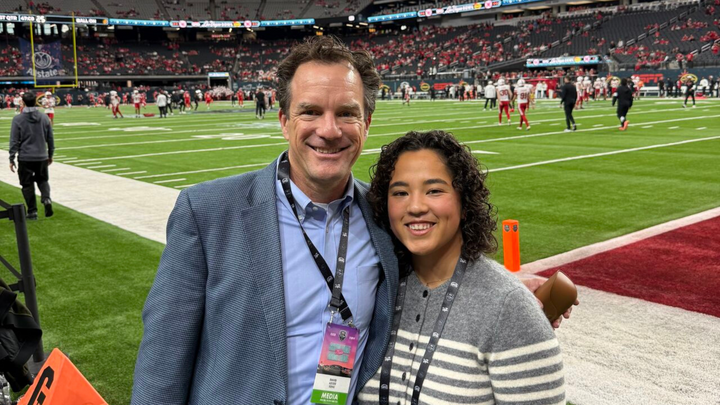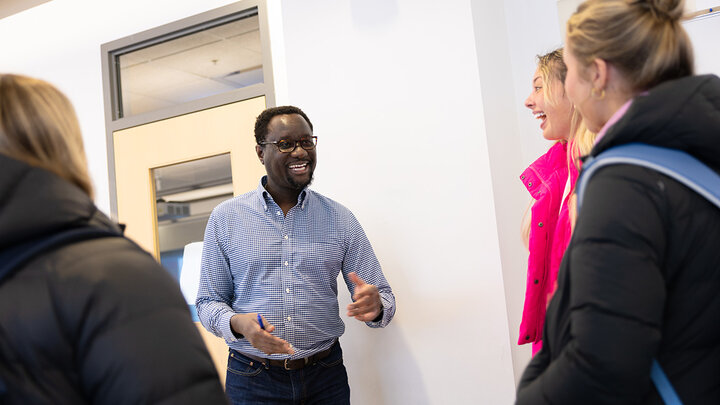Beverly Deepe Keever was born on June 1, 1935, during the harshest days of the Dust Bowl, in rural Nebraska. Her parents, Doris and Martin Deepe, struggled to make ends meet on a heavily mortgaged farm. Despite these challenges, Beverly's imagination and curiosity were ignited by Pearl S. Buck's The Good Earth, sparking her childhood dream of exploring the world beyond her small-town confines.
Beverly pursued higher education at the University of Nebraska-Lincoln, where she double-majored in journalism and political science. She graduated in 1957 with honors, recognized for her exceptional scholarship and leadership. She furthered her education at Columbia University Graduate School of Journalism, graduating in 1958 with honors.
Beverly's career began with public opinion polling in New York City, working for renowned pollster and columnist Samuel Lubell. In 1961, her yearning for adventure led her to Asia, where she arrived in South Vietnam in early 1962. There, Beverly became a pioneering war correspondent, the sole female among eight Western reporters in Vietnam. Over seven continuous years, she covered the escalating conflict, outlasting all her peers and providing critical insights into the human side of the war.
Her reporting was characterized by its depth and focus on the experiences of Vietnamese villagers, often challenging official narratives. She was among the first to report on "death zones," areas targeted for bombing by the South Vietnamese government. Beverly's work frequently contradicted official statements, showcasing her commitment to uncovering the truth. She conducted interviews with high-ranking officials, soldiers and local villagers, shedding light on the complex realities of the conflict. Her grassroots approach, honed through door-to-door political interviews in the U.S., allowed her to capture the perspectives of those most affected by the war.
In 1964, working for the New York Herald Tribune, she was the first to report on the presence of North Vietnamese units in South Vietnam, a fact initially denied by the U.S. government but later confirmed. Her 1968 coverage of the Khe Sanh Combat Base was nominated for the Pulitzer Prize by the Christian Science Monitor. One of her dispatches was also selected by Columbia University as one of the 50 greatest stories by its alumni. Beverly's exclusive interviews with Vietnamese Prime Minister and military strongman Gen. Nguyễn Khánh highlighted the complexities of U.S. policy in Vietnam and earned her significant recognition and controversy.
Following her illustrious career in journalism, Beverly transitioned to academia, teaching journalism and communications at the University of Hawaiʻi at Mānoa for 29 years. During her tenure, she earned a master's degree in library and information studies and a Ph.D. in American studies. Her research and writing focused on First Amendment issues and freedom of information, significantly enriching the academic community.
Beverly authored several notable books that encapsulate her rich experiences and scholarly insights. These include Death Zones and Darling Spies: Seven Years of Vietnam War Reporting (2013), which chronicles her harrowing experiences as a war correspondent, News Zero: The New York Times and The Bomb (2004), which critically examines media coverage of nuclear issues, and U.S. News Coverage of Racial Minorities: A Sourcebook, 1934-1996 (1997), a comprehensive analysis of media biases in the coverage of racial minorities, for which she served as co-editor and contributor.
Beverly's contributions to journalism and education have been widely recognized. She received the University of Hawaiʻi Regents Medal for Excellence in Teaching and numerous freedom-of-information awards. In 2015, she was inducted into the Marian Andersen Nebraska Women Journalists' Hall of Fame.
In 2022, Keever facilitated the transfer of her parents' farmland in Hebron, Nebraska, to the University of Nebraska Foundation, which subsequently sold it for $4.65 million. The proceeds were used to establish the Deepe Family Endowed Chairs in Depth Reporting at the UNL College of Journalism and Mass Communications. This transformative gift will ensure that future generations of Nebraska students have access to premier journalism education, fostering excellence in investigative and data journalism for years to come.
Beverly Deepe Keever's life and career exemplify perseverance, curiosity and dedication to truth. From her humble beginnings in Nebraska to the frontlines of the Vietnam War and beyond, her legacy continues to inspire future generations of journalists and scholars.
